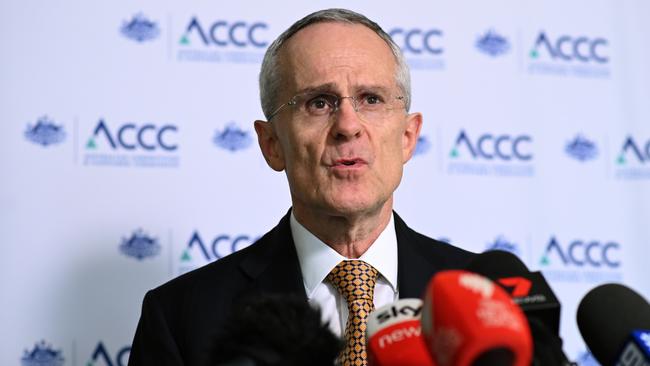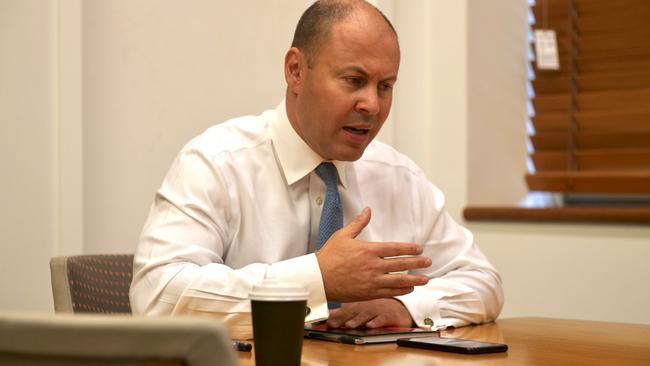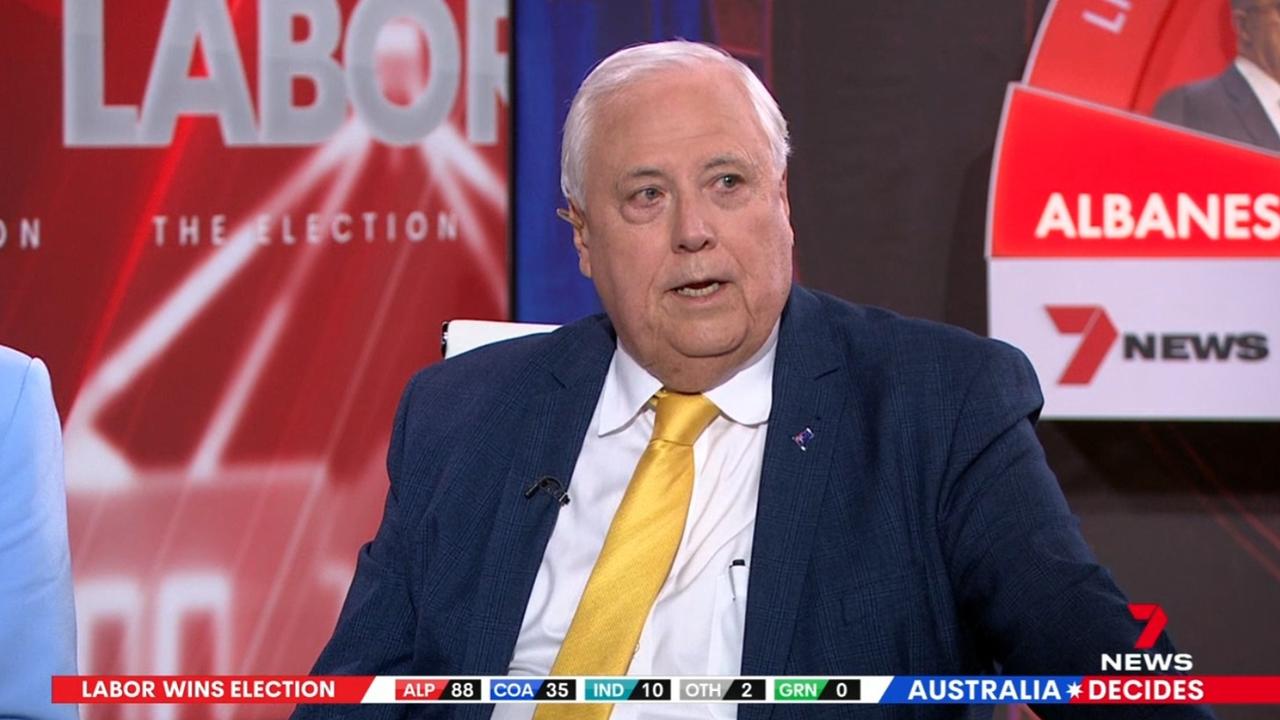ACCC says some are ‘overreading’ last-minute changes requiring Google, Facebook to negotiate with media companies
The chairman of Australia’s competition regulator says some are ‘overreading’ the impact of last minute changes to the media bargaining code.

The news bargaining code requiring Facebook and Google to negotiate with media companies is already having an effect. The code passed both Houses of the Australian parliament last week and is among the first attempts to seriously tackle big tech globally.
The achievement is likely to be replicated in other countries. It has succeeded in getting Facebook and Google to the negotiating table with many publications.
Australia’s competition regulator, the Australian Competition & Consumer Commission (ACCC) began actively pursuing the big tech firms after the Facebook Cambridge Analytica scandal on issues including privacy, transparency on how information is collected and used, digital advertising, general monopolistic behaviours, mergers, and tax.
The ACCC first tried to forge a voluntary agreement with Facebook and Google on media payments, but neither wanted a code.
The Australian government and regulator eventually lost patience, and in April 2020, Treasurer Josh Frydenberg directed the ACCC to develop a mandatory code instead. “The ACCC considers it is unlikely that any voluntary agreement would be reached with respect to the key issue of payment for content,” Mr Frydenberg said at the time.
The threat of compulsory arbitration contained in the code had been key, even before passing into law. News Corp, Seven West Media, Nine Fairfax, Guardian Australia and Junkee Media signed up to Google Showcase in deals collectively worth hundreds of millions of dollars, as did Australian Community Media, a network of more than 200 media brands such as The Canberra Times, Newcastle Herald and Illawarra Mercury.
Facebook too has been dragged into negotiations. ACCC chairman Rod Sims told The Australian on Friday that Facebook had already signed deals with Schwartz Media, publisher of The Monthly, The Saturday Paper and Quarterly Essay, South Australia’s Solstice Media, whose titles include The New Daily, and Private Media which publishes Crikey, The Mandarin and Smart Company. Seven West Media also had signed a letter of intent with Facebook.
There haven‘t been deals announced between Facebook and other big media firms such as News Corp and Nine Entertainment, and no deals announced involving the ABC and SBS.
Mr Sims expected more deals to be forged with players such as Country Press Australia, representing more than 260 publications in regional and rural Australia.
We don’t know the details of those deals, how much money is involved or whether these agreements amount to contra deals or extensions of licensing agreements that some media already have with big tech.

However negotiations involving several hundred media organisations is a far cry from the state of play in April 2020 when the voluntary code concept came to naught, and from a few weeks ago when Facebook argued it didn’t need news on its site and wouldn’t pay for it. Google threatened to leave Australia if the code included paying for news in search.
Mr Sims said some were “overreading” amendments made just before the law was finally passed. They allow Facebook and Google to avoid the code if the treasurer is satisfied they are doing sufficient deals with Australian media companies. However, they can be forced back into the code and after two months available for negotiation, face compulsory arbitration.
Mr Sims said Mr Frydenberg had said some time ago that if tech firms were prepared to deal, he mightn’t need to “designate” they adhere to the code. “Doing deals was exactly why the code was introduced. That means the code has succeeded,” Mr Sims said.
He said the threat of arbitration had levelled the playing field between media companies and big tech, and continued to with the incorporated amendments. While it was true Facebook and Google could stop displaying all news, they couldn’t show the news of some and reject others. “They can‘t differentiate but they could decide to show no news whatsoever,” Mr Sims said.
Mr Sims agreed that Mr Frydenberg could use his own discretion on whether Facebook or Google were forced back into the code; there was no quantified measure for deciding this. He believed neither tech company wanted compulsory arbitration where issues like paying for news in Google searches would arise again.
Going forward, Mr Sims said the ACCC would watch how the negotiations proceeded. “We’re the enforcer of the code but we‘re also got a big interest in the code achieving its objective.”
The code’s success will be apparent in time. We’re likely to eventually hear if the deals produced the desired outcomes and whether newsrooms are better staffed and more capable of groundbreaking investigative journalism. A review is scheduled for 12 months.
Mr Sims said he was pleased that Australia’s move might give other countries more confidence to pursue Facebook and Google to pay for news. European and Canadian publishers may increase their push towards local bargaining codes.
He said Google and Facebook had inadvertently helped with bringing Australia’s initiative to the world.
“The focus on what we‘re doing in Australia has been greatly assisted by Google’s threat of leaving Australia that captured worldwide news, and then Facebook taking down all news content,” Mr Sims said.
“Journalism is fundamental to the future of Australian society and democracy, and it‘s important overseas. So, if we’ve made a small contribution to that improving, we’re very happy with that.”



To join the conversation, please log in. Don't have an account? Register
Join the conversation, you are commenting as Logout